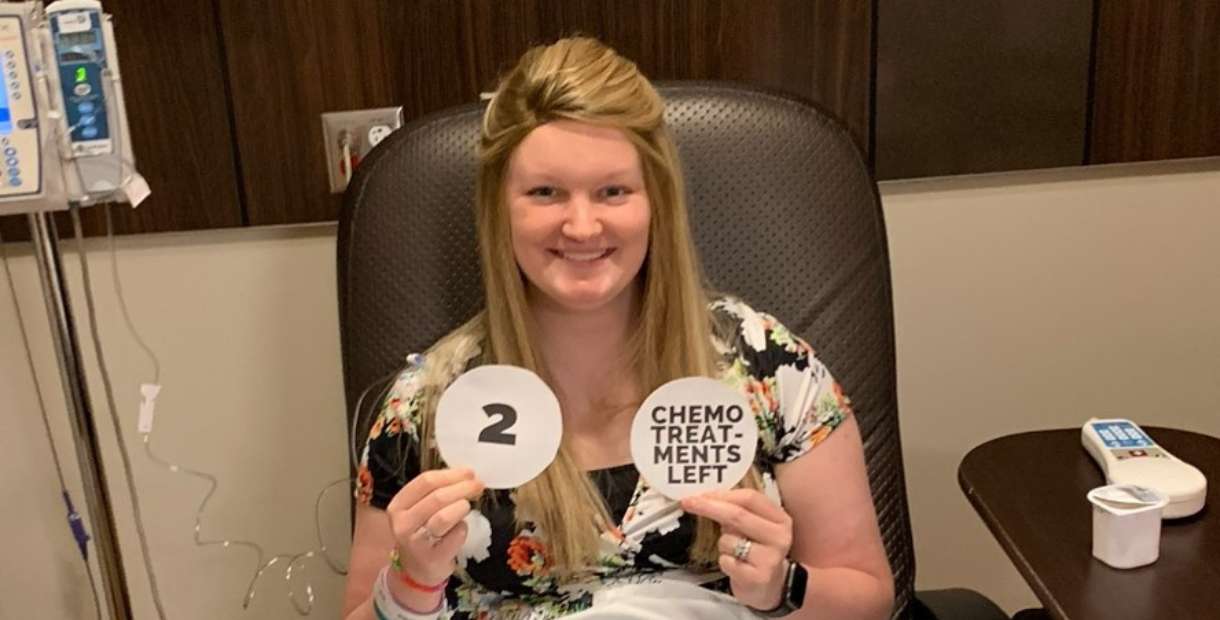Tips for Buying Cancer Insurance
For those who’ve never purchased cancer insurance, there’s probably a common reason: they don’t fully understand it. If you’ve considered buying cancer insurance in the past, or if you’re thinking about it for your next open enrollment, here are some things to consider.
Do you have a family history of cancer?
Sadly, chances are high that you know someone who has had cancer. Hopefully, they aren’t family members, but if they are, cancer insurance might be a good investment for you. Especially when more than 1.8 million Americans are expected to be diagnosed with cancer in 2020.1
Do you have other coverage?
Other supplemental insurance plans might offer you protection in the event you or a loved one is diagnosed with cancer. Some critical illness plans will help cover the costs associated with a cancer diagnosis, while a long-term disability plan might help offset costs associated with not being able to work.
How much does your existing health insurance cover?
Review your existing health insurance to see how much it covers. Does it include assistance if you have to travel for treatment – things like mileage reimbursement or hotel stays? How long will it provide coverage for you after being diagnosed? What percentage will you pay? Are there limitations on how long coverage lasts?
Do you have an emergency fund?
For some people, simply having a savings account is comfort enough. But wouldn’t you rather spend that hard-earned money on a family vacation, a new home or adding a pool to your backyard? Besides, you might end up needing that fund for other unexpected things. And because 63% of cancer patients and loved ones reported financial struggles following a cancer diagnosis,2 having a back-up plan to cover your back-up plan might be a good way to go.
Having cancer insurance may help ease the financial, mental, and emotional burden that comes with a diagnosis. And, if you decide it’s a good fit for you, you can take your cancer insurance with you if you leave your current employer or retire.
This blog is up to date as of July 2020 and has not been updated for changes in the law, administration or current events.




